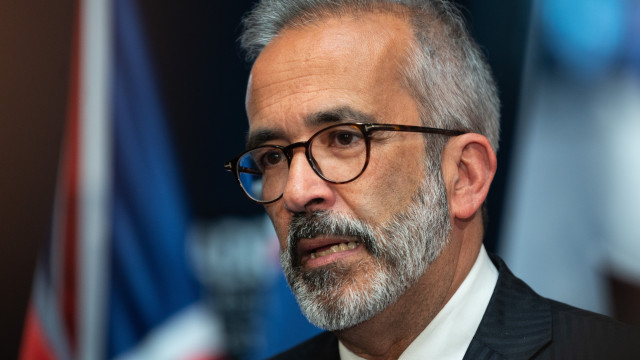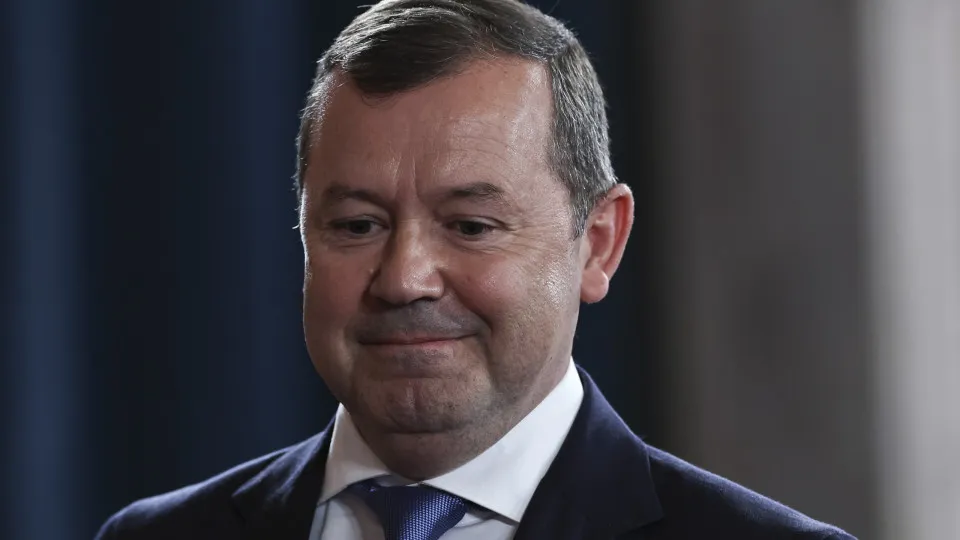
The director-general of Connect Europe, in an interview, describes the current period as “definitely a decisive moment” for telecommunications, anticipating a shift towards “a growth mindset” by the end of the year.
Alessandro Gropelli, who heads the association representing major communication operators in Europe, stated this is “definitely a decisive moment” marked by geopolitical pressures and rapid technological changes.
Gropelli was a speaker at the 34th APDC congress in Lisbon, where the future of media and communications was a focal point of discussion.
Highlighting current network transformations, he notes, “Networks today are being virtualized and transformed into cloud-based systems.” He emphasizes the need for Europe to maintain its leadership position, warning that failing to do so could result in diminished influence within ten years.
Reflecting on past technology trends, he recalls that in the 2000s Europe “lost the internet for the consumer”, followed by the “smartphone revolution” in the 2010s. The risk now, he warns, is losing connectivity leadership without sufficient investment.
Moreover, he insists on maintaining robust transatlantic relationships, particularly with the U.S., given the global nature of supply chains. “Many companies helping us build networks and provide communication services are from the U.S.,” he acknowledges.
Gropelli underscores the importance of striving to maintain strong relations amidst political changes, asserting that businesses are committed to investment and sustaining these alliances, with Portugal well-positioned geographically.
Identifying a personal desire for the year, Gropelli points to a shift to a “growth mindset”. He highlights ongoing discussions with regulators and competition authorities about the sector’s legacy.
“We must focus on the future, think about growth, envision 2030 and 2040, rather than dwell solely on the past or immediate future,” he insists.
He calls for scale within the sector: “We have many small telecommunications operators, which has implications.”
Telecom operators, Gropelli notes, are actively competing with major tech companies in service markets like voice and messaging, as well as in cloud services and cybersecurity.
Illustrating the challenge, he poses a scenario of a small company in Europe’s fragmented market competing against a tech giant with a trillion-dollar market capitalization.
He questions Europe’s strategy, suggesting that greater scale is needed not only for service delivery but also to compete globally, as telecom operators are leading tech entities in Europe.
Gropelli acknowledges public concerns that consolidation might lead to increased prices and reduced competition. However, he challenges this view, proposing that a market with three strong players capable of significant investment may be more beneficial than five weaker ones.
Arguing against the presence of weak operators, he emphasizes the critical nature of their role, advocating for strong companies able to invest and innovate.
As an example, he references the recent energy blackout in the Iberian Peninsula, underscoring the need for investment to ensure telecommunications resilience in future outages.
The incident highlighted the need for operators to invest in backup power sources, showcasing varied performance based on past investments in network resilience.
He further argues that value extends beyond pricing alone, highlighting that citizens desire not only affordability but also secure connections, job opportunities, and European-based cloud solutions.
In his view, reliance solely on non-European cloud solutions carries risks, including potential access disruptions driven by political decisions, reinforcing the need for European autonomy in digital services.




